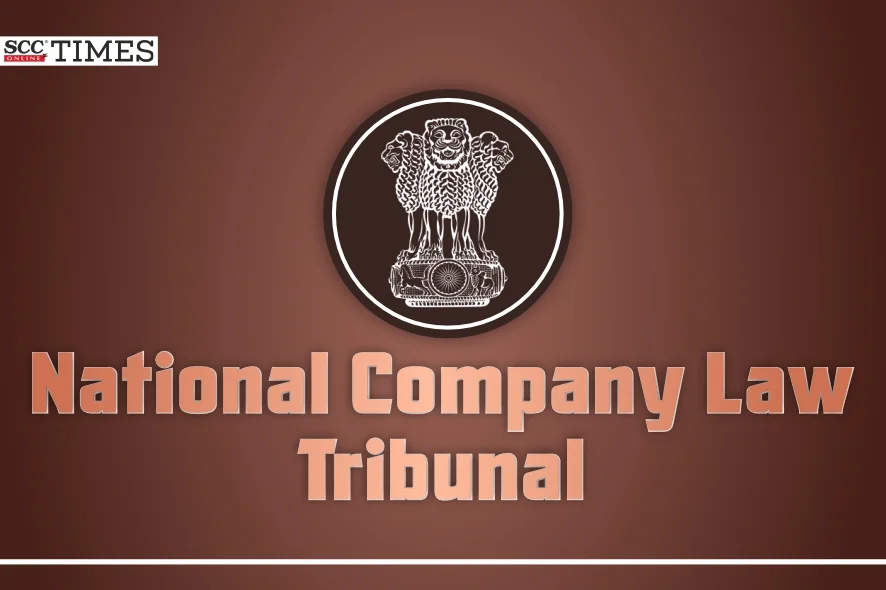National Company Law Tribunal, Mumbai: In a company petition and counter-petitioner regarding a deadlock in management caused by alleged financial mismanagement and oppression and siphoning off company assets for personal gain, a division bench of Kishore Vemulapalli (Judicial Member) and Anu Jagmohan Singh (Technical Member), did not delve into allegations of oppression but focused on resolving the deadlock in the company’s interest and ordered the petitioners to buy-out of the respondents’ shares.
In the instant matter, the petitioners (Aderianwalla Group) filed a petition (Company Petition No. 199/2022) against the respondents 2 and 3, who are co-directors and shareholders in respondent 1 Company, with allegations of oppression and mismanagement. The petitioners claimed that respondents 2 and 3 have acted in bad faith, causing a deadlock in the management of respondent company and siphoning off company assets for personal gain.
The petitioners sought for declaration the respondents 2 and 3 are guilty of oppression and mismanagement, removal of respondents 2 and 3 as Directors to prevent them from further involving in the company’s management, issuance of injunction against respondents 2 and 3 regarding company’s asset disposal, declaration of Board Meetings and Resolutions as invalid, recovery of Misappropriated Remuneration and direction to respondents 2 and 3 to sell their shareholding to the petitioners at a fair market value determined by an independent valuer.
The core allegations included —
-
Financial Mismanagement: Respondents 2 and 3 are accused of drawing disproportionate remuneration, allowances, and other benefits from respondent company without contributing to its management since 2016.
-
Interference in Financing: The Petitioners tried to secure funding from an external party during the COVID-19 pandemic, but respondents 2 and 3 allegedly blocked this opportunity, worsening respondent company’s financial difficulties.
-
Fraudulent Meetings and Minutes: The petitioners asserted that no legitimate Board meeting took place on 03-01-2022, yet respondents 2 and 3 fabricated and circulated minutes of a non-existent meeting to gain unauthorized control over company finances.
-
Deadlock and Governance Failure: Since March 2022, no legitimate Board or General Meetings have been held, leaving respondent company in a state of financial and operational paralysis. Statutory filings for several years are pending, and no steps have been taken to resolve the deadlock despite the petitioners’ offers for a buyout or dissolution.
The petitioners relied on M.S.D.C. Radharamanan v. M.S.D. Chandrasekara Raja, (2008) 6 SCC 750 and MS.D. Chandrasekar Raja v. Jayabharath Textiles (P) Ltd., 2017 SCC Online NCLT 7338, where it was held that “in cases of equal shareholding and director representation among shareholders, where a deadlock arises in the day-to-day management of the company, it is a well-established principle that the deadlock should be resolved by one group purchasing the shares of the other.”
However, the respondents denied these allegations and filed a cross-petition (Company Petition No. 50/2023), claiming that the petitioners have mismanaged the respondent company’s operations and failed to cooperate in resolving disputes. The respondents argued that the petitioners, who handle day-to-day operations and finances, are solely responsible for any mismanagement. It was claimed that they executed over 265 projects successfully and that the petitioners’ actions caused the current stalemate. The respondents denied fabricating any board meeting minutes and accuse the Petitioners of monopolizing control over the company’s operations.
The NCLT directed both parties to seek an independent valuation of their shares for the purpose of a buyout. The petitioners submitted a valuation report by Baker Tilly, while the respondents’ challenge to this report was dismissed by the NCLT.
The NCLT noted that there is a deadlock in the company’s management due to the equal shareholding and representation of directors. The NCLT noted that both the parties failed to cooperate in resolving the issue and no independent valuation was submitted by the respondents, despite opportunities. The NCLT acknowledged the deadlock and referred precedents where one shareholder group purchases the shares of the other to resolve such disputes.
The NCLT allowed the buy-out in order to resolve the deadlock and allow the company to function smoothly, without delving into the merits of the allegations of oppression. The NCLT directed the petitioners to purchase the shares of respondent 2 and 3 within six months, based on the valuation report submitted by the petitioners. The NCLT stated that the share value of the company as of 31-12-2022 is determined to be Rs. 26,179 per equity share. The NCLT disposed of both the petitions.
[Hormouz Phiroze Aderianwalla v. Del. Seatek India (P) Ltd., 2024 SCC OnLine NCLT 3570, Decided on 05-09-2024]
Advocates who appeared in this case:
Nausher Kohli, Rustam Mulla, Sohan Kinkhabwala and Desai Desai Carrimjee & Mulla, Counsel for the Petitioner
Prachi Wazalwar, Armin Wandrewala and Arusha Bapat, Counsel for the Respondent


